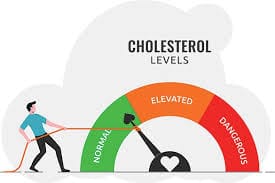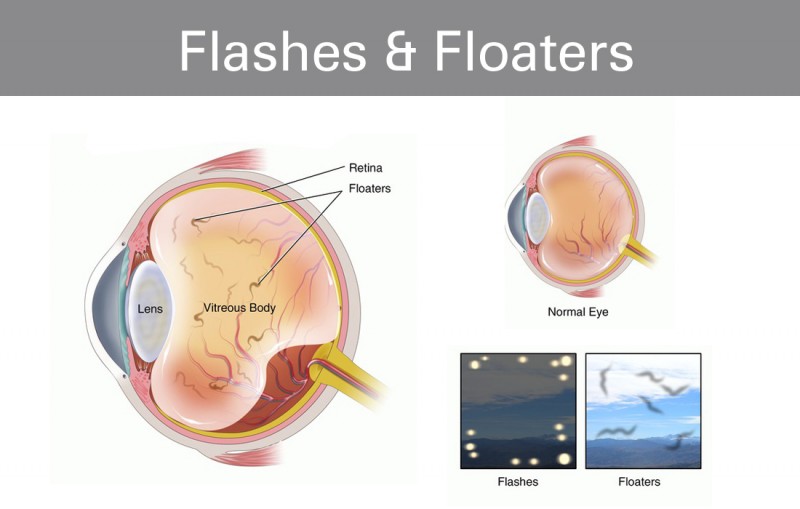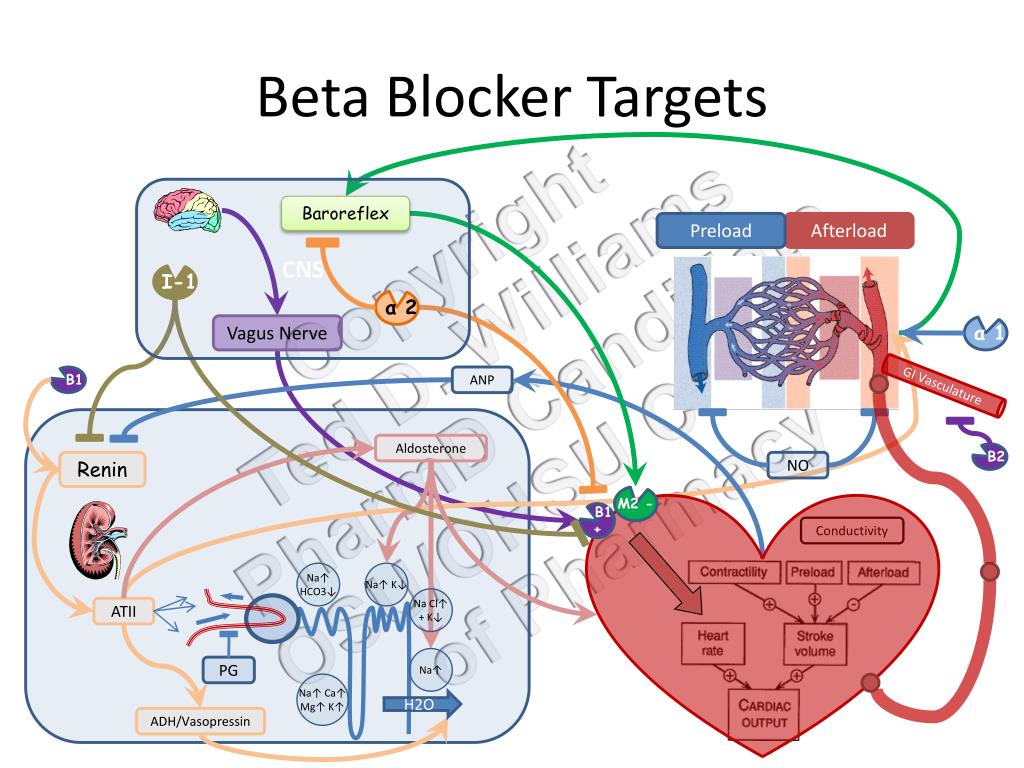How Carbs Impact Cholesterol Levels

The Complex Relationship Between Carbohydrates and Cholesterol
Carbohydrates are a misunderstood nutrient when it comes to cholesterol levels. While they are often viewed as a culprit in raising cholesterol, the reality is more nuanced. In this section, we will delve into the complex relationship between carbohydrates and cholesterol, exploring how different types of carbs impact cholesterol levels.
The Dual Nature of Carbohydrates
Carbohydrates are a broad category of macronutrients that include sugars, fibers, and starches. While some carbohydrates can indeed raise cholesterol levels, others can help lower it. The key lies in understanding the different types of carbohydrates and their effects on the body.
The Cholesterol-Raising Carbs
Refined carbohydrates, such as those found in white bread, sugary snacks, and sweetened beverages, can increase cholesterol levels. These carbs are quickly digested, causing a spike in blood sugar and insulin levels. This can lead to increased production of low-density lipoprotein (LDL) cholesterol, also known as "bad" cholesterol.
The Cholesterol-Lowering Carbs
On the other hand, complex carbohydrates, such as those found in whole grains, fruits, and vegetables, can help lower cholesterol levels. These carbs are rich in fiber, which can bind to bile acids and remove them from the body, leading to increased production of high-density lipoprotein (HDL) cholesterol, or "good" cholesterol.
The Fiber Factor
Fiber is a crucial component of carbohydrates that plays a significant role in cholesterol management. Soluble fiber, found in foods like oats, barley, and fruits, can help lower LDL cholesterol by binding to bile acids and removing them from the body. Insoluble fiber, found in foods like whole grains and vegetables, can help increase HDL cholesterol by promoting the excretion of bile acids.
The Glycemic Index Connection
The glycemic index (GI) is a measure of how quickly a carbohydrate raises blood sugar levels. Carbohydrates with a high GI, such as refined grains and sugary snacks, can cause a rapid spike in blood sugar and insulin levels, leading to increased cholesterol production. Carbohydrates with a low GI, such as whole grains and non-starchy vegetables, are digested more slowly, resulting in a gradual increase in blood sugar and insulin levels.
The Good, the Bad, and the Ugly: Types of Carbohydrates
Whole-food-based Carbs: The Good
Whole-food-based carbohydrates, also known as complex carbohydrates, are rich in fiber and essential nutrients. These carbs are typically found in whole, unprocessed foods like whole grains, fruits, vegetables, and legumes. They provide sustained energy, satiety, and a plethora of health benefits, including:
- Regulating blood sugar levels
- Promoting digestive health
- Supporting healthy gut bacteria
Refined Carbs: The Bad
Refined carbohydrates, also known as simple carbohydrates, are often high in added sugars and low in nutrients. These carbs are typically found in processed and packaged foods like white bread, sugary snacks, and sweetened beverages. Consuming high amounts of refined carbs can lead to:
- Spikes in blood sugar levels
- Increased risk of chronic diseases, such as diabetes and heart disease
- Weight gain and obesity
Soluble Fiber: The Ugly (in a Good Way!)
Soluble fiber, found in oats, barley, fruits (especially apples, berries, and pears), and vegetables, can help lower LDL (bad) cholesterol levels. This type of fiber forms a gel-like substance in the digestive system, binding to bile acids and removing them from the body, which in turn reduces cholesterol production in the liver.
The Impact of Carbohydrates on Cholesterol Levels
Understanding the Connection
Carbohydrates, a primary source of energy for the body, have a significant impact on cholesterol levels. The type and amount of carbohydrates consumed can either positively or negatively affect cholesterol levels, making it essential to understand the connection.
The Dark Side: Refined Carbohydrates
Consuming high amounts of refined carbohydrates can increase triglycerides and LDL (bad) cholesterol. Refined carbs, such as white bread, sugary snacks, and sweetened beverages, cause a spike in blood sugar and insulin resistance, leading to increased cholesterol production in the liver.
The Bright Side: Whole-Food-Based Carbohydrates
Eating whole-food-based carbohydrates can help lower LDL cholesterol and increase HDL (good) cholesterol. Whole grains, fruits, vegetables, and legumes are rich in fiber, vitamins, and minerals, which help regulate blood sugar levels, improve insulin sensitivity, and enhance cholesterol metabolism.
The Liver's Crucial Role
The liver plays a vital role in metabolizing carbohydrates and regulating cholesterol levels. It converts excess carbohydrates into glycogen or fat, which can affect cholesterol production. A healthy liver ensures efficient carbohydrate metabolism, maintaining a balance between energy storage and cholesterol regulation.
Foods That Can Help or Hinder Cholesterol Levels
When it comes to managing cholesterol levels, the food we eat plays a crucial role. While some foods can help lower LDL (bad) cholesterol and increase HDL (good) cholesterol, others can have a negative impact. In this section, we'll explore the foods that can help or hinder cholesterol levels.
Cholesterol-Lowering Foods
Certain foods have been shown to have a positive impact on cholesterol levels. These include:
- Oatmeal, oat bran, and high-fiber foods: These foods are rich in soluble fiber, which can help lower LDL cholesterol by binding to bile acids and removing them from the body, leading to a reduction in cholesterol production.
- Fatty fish, walnuts, and other nuts: Fatty fish like salmon, mackerel, and sardines are rich in omega-3 fatty acids, which can improve blood cholesterol by reducing triglycerides and increasing HDL cholesterol. Walnuts and other nuts are also rich in healthy fats and antioxidants, which can help improve blood lipid profiles.
- Foods with added plant sterols or stanols: Plant sterols and stanols are natural substances found in plants, which can help block cholesterol absorption in the gut. Foods fortified with these substances, such as spreads and dairy products, can help lower LDL cholesterol.
Foods to Limit or Avoid
While the foods mentioned above can help improve cholesterol levels, there are others that can have a negative impact. These include:
- Foods high in saturated and trans fats: Foods like butter, lard, coconut oil, palm oil, and partially hydrogenated oils can increase LDL cholesterol and decrease HDL cholesterol.
- Refined carbohydrates: Foods like white bread, sugary snacks, and sweetened beverages can cause a spike in blood sugar and insulin levels, leading to increased triglycerides and LDL cholesterol.
- Processed meats: Processed meats like sausages, bacon, and deli meats are high in saturated fats, sodium, and preservatives, which can increase blood pressure and LDL cholesterol.
By incorporating cholesterol-lowering foods into your diet and limiting or avoiding foods that can hinder cholesterol levels, you can take a significant step towards maintaining healthy cholesterol levels and reducing your risk of heart disease.
The Bottom Line: A Balanced Approach to Carbohydrates and Cholesterol
When it comes to managing cholesterol levels, a balanced diet plays a crucial role. While carbohydrates often get a bad rap, whole-food-based carbs, combined with healthy fats and lean protein, can help maintain healthy cholesterol levels.
Striking the Right Balance
A well-rounded diet that includes whole grains, fruits, vegetables, lean protein sources, and healthy fats can help regulate cholesterol levels. Focus on consuming complex carbohydrates, such as whole grains, legumes, and fiber-rich fruits and vegetables, which are rich in nutrients and fiber.
Individualized Approach
It's essential to remember that individual results may vary, and what works for one person may not work for another. Factors such as age, gender, and overall health can influence how carbohydrates affect cholesterol levels. Consulting with a healthcare professional can provide personalized guidance on managing cholesterol levels through dietary changes.
Key Takeaways
A balanced diet with whole-food-based carbohydrates, healthy fats, and lean protein can help manage cholesterol levels. However, it's crucial to consult with a healthcare professional for personalized advice, as individual results may vary.














Comments ()